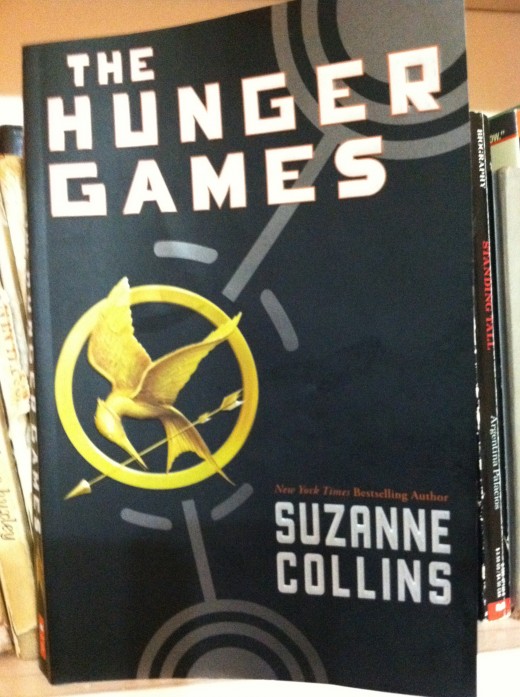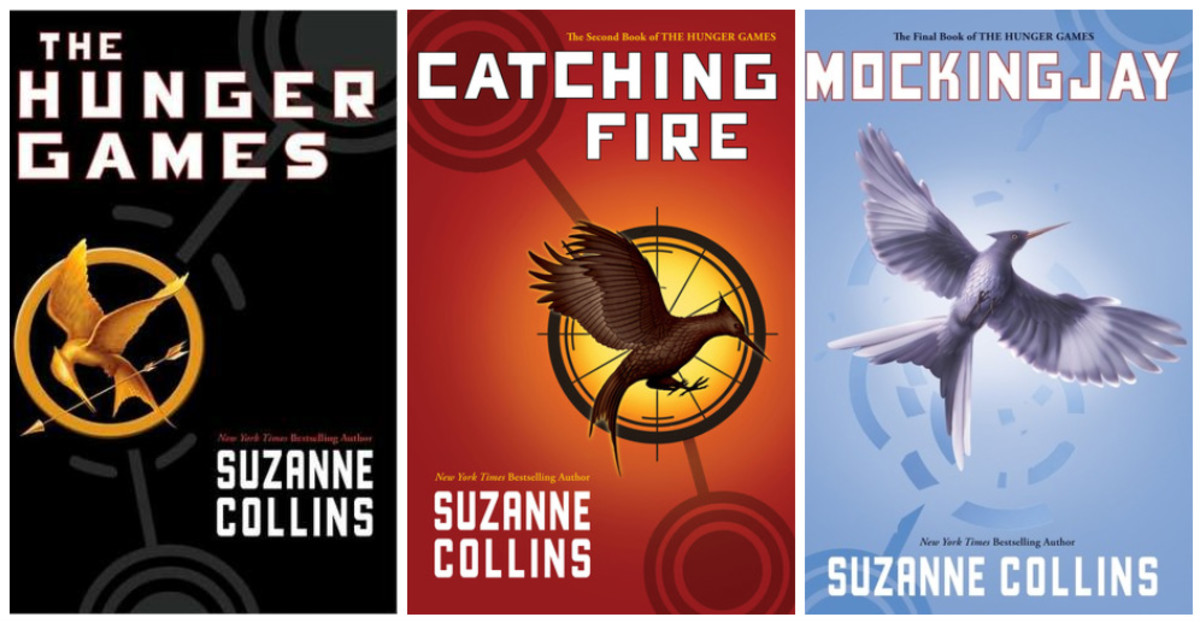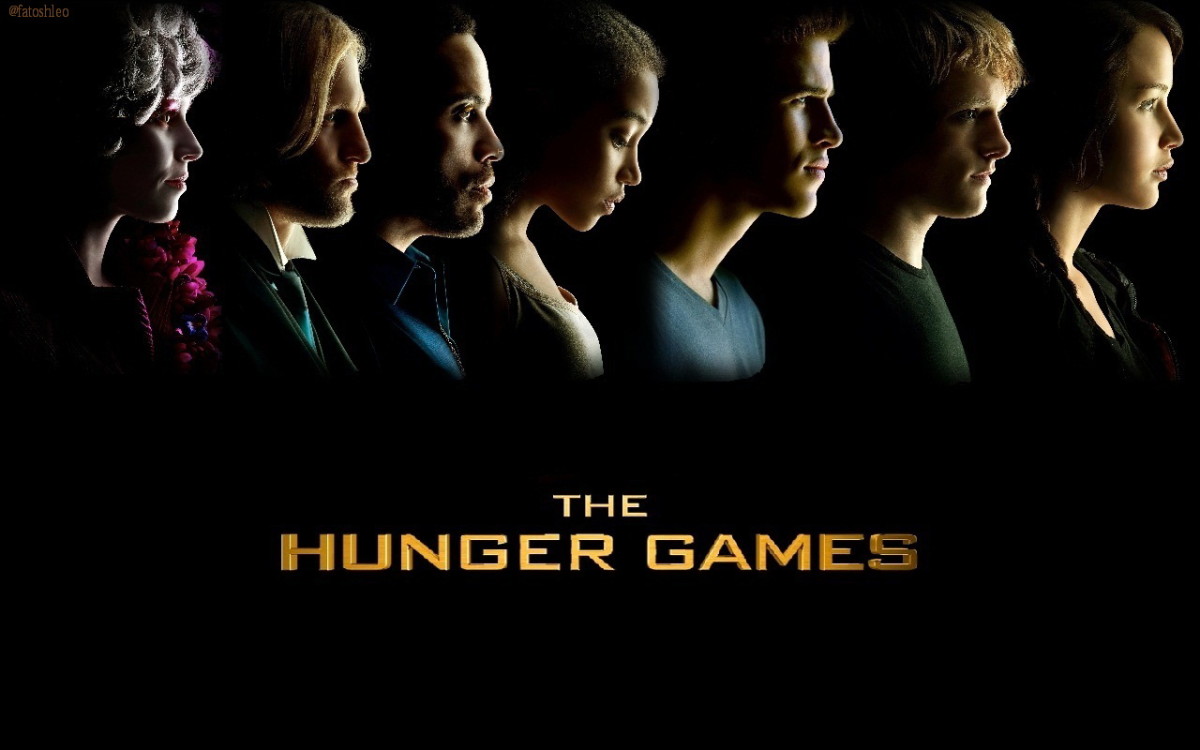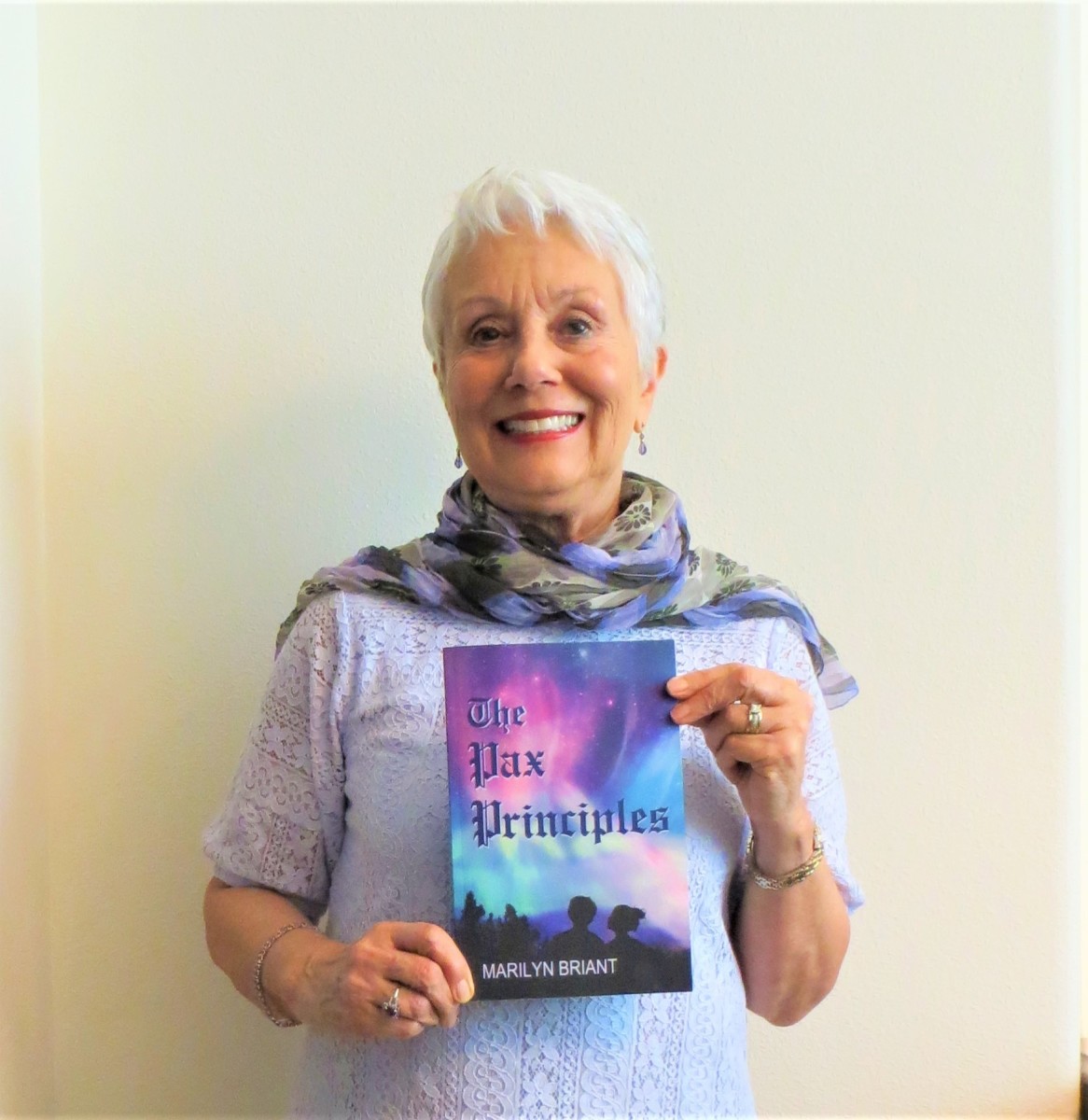- HubPages»
- Books, Literature, and Writing»
- Books & Novels»
- Books for Teens & Young Adults»
- Young Adult Fantasy, Supernatural & Sci-Fi Books
An Appetite For The Hunger Games

What's Its Secret?
What makes Suzanne Collins’ The Hunger Games so appealing to readers of all ages? Why is the March 23 release of the movie of the same name arguably the most eagerly anticipated film premiere since the Harry Potter and Twilight series hit the cinema? Surely a storyline that features certain death on a yearly basis for a number of young people wouldn’t prompt the- well, the hunger- for more books of its kind. Yet it has done just that.
Not The First Of Its Kind
This isn’t the first work of fiction with a similar storyline, where certain death is the ulimate outcome. Shirley Jackson’s “The Lottery,” published in 1948, focuses on a small town that holds a lottery each year to decide which of its residents will be stoned to death by the others in order to ensure a productive harvest. (Though it has become one of the most well-known stories in the annals of American fiction, at the time of its publication “The Lottery” was not well received. ) Indeed, Richard Connell’s “The Most Dangerous Game” was published even before “The Lottery,” twenty-four years to be exact, in 1924. This story showcases a big-game hunter named Rainsford who finds the tables have been turned, as it were, when he is stranded on a deserted island. He quickly learns that the island isn’t all that deserted when the aristocratic resident appears and makes it clear that the kind of animal he likes to hunt is the two-legged variety.
Of course, the victims in those stories weren’t young people (though in “The Lottery,”that certainly was a possibiity), as they are in The Hunger Games. But wouldn’t that make it even more difficult to read? Of the twenty-four tributes (one male and one female youth chosen in a lottery ceremony called the reaping from each of the twelves Districts in the territory of Panem), only one will survive the Games. Few would argue that The Hunger Games is a “happy” book. In fact, aside from a few tender moments, it’s the stuff of which nigthmares are made. Then why have so many people claimed, “I just couldn’t put it down until I had read the entire book?”
Science Fiction?
It’s no question that the author, Suzanne Collins, certainly created a riveting piece of science fiction.... or is it merely fiction? Collins herslf has claimed that the idea for The Hunger Games came as she watched the television reality show, “Survivor” plus news reports on the war in Iraq. And this is where the answer to all the previous questions begins to become apparent. Though the book is a science fiction piece, it was borne of reality, instilling the reader with countless “what if’s....” and causing him/her to question whether a future dystopia like the one in the book is all too possible in this country.
The setting for the book is Panem, a country comprised of a Capitol and twleve subservient Districts.... all that remains of the United States after a catastrophic civil war. Panem eerily brings to mind Abraham Lincoln’s “a house divided against itself cannot stand” philosophy, for the concept of “democracy” has long gone by the wayside and been replaced by totalitarianism. In fact, The Hunger Games have been devised by the Capitol to remind the twelve distircts of the price to be paid for rebellion. This takes “survival of the fittest” to a whole new level, one where the term “fit” does not apply solely to physical prowess and, unlike the popular TV show, “survival” is a lateral term.
In Panem, each District has been assigned a different function by the Capitol, led (i.e., manipulated) by the golden tongue and iron heart of President Snow. The function of District Twelve (where the main character lives), for example, is to work the mines. Another District harvests fruits and vegetables, and another is responsible for manufacturing. Regardless of a District’s function, however, living conditions are pretty much the same in all of them: the residents are sick, starving, penniless.... and without hope. This is not because there is no medicine, food or money anywhere in Panem; those who live in the Capitol seem to have copious amounts of anything they need in addition to some decidedly futuristic fashion trends and technological wonders. Why, then, are the conditions in every other District so deplorable? One of the reasons is ostemsibly the same as the one that explains the concept behind The Hunger Games: this is the price paid for rebellion. Probably the major reason, however, is one that has been used by totalitarian regimes for centuries: keep The People poor, hungry, and ignorant in order to avoid any attempts at rebellion, thus maintaining complete control.
And Then There Was....Now
Again, one has to wonder why, if the book’s setting and major premise are so....let’s face it, depressing.... then why does The Hunger Games appeal to such a large and diverse number of readers? Perhaps it’s the time-honored human inclination to root for The Underdog. But in this book, almost everyone fits that definition. Then again, perhaps a type of sympathetic bonding occurs with the main character, Katniss Everdeen, from the moment the reader opens the book and comes to know this sixteen-year-old through her own first person narration. After all, despite the fact that the setting is futuristic, a teen-ager is still a teen-ager, right?( assuming the reader can see beyond the unfamiliar first names like Peeta, Rue, Thresh, Cato, Clove and, of course, Katniss.) True, Katniss bears many burdens far beyond the scope of what most of today’s youth could even begin to imagine. Perhaps those burdens gradually morph into clarity, though, as they become hideous caricatures of people, places, and events with which we’re all too familiar.
Consider some of the “reality shows” which seem to have mesmerized a large segment of the population, and the fascination with which residents of the Capitol view The Hunger Games comes into focus. “Survivor” certainly featured natural obstacles that parallel some of the challenges that appear during The Hunger Games. And what about “Jersey Shore” or “Real Housewives of ___________” (fill in the blank)? It certainly woud appear that the meanest, most crude,most combative members of the cast (and it’s questionable if “cast” is the correct word when referring to a show that claims to be a “reality” piece) of these shows draw a large number of viewers. Of course, our reality shows don’t end in death. Yet.
There are some realities in our world that do end in death, however. Consider, if you will, the wars in Iraq , Afghanistan, parts of Africa, Syria...places where “democracy” is a fairy tale.How many innocent lives have been lost in those conflicts? Or pick a TV channel- any channel in any part of our country- and watch the nightly news broadcasts. How many senseless crimes result in horrendous consequences for.... again.... innocent people? Suddenly, it’s not all that much of a stretch to imagine a country like Panem with its oxymoronic punishment/ entertainment known as The Hunger Games.
A Haunting Tale of.......
Why is it that this book is so compelling, then? For adolescents, perhaps it’s the fantasy feature. For teen-agers, add to that the love triangle. For some of us, perhaps it’s the resounding subliminal message: be vigiant, be wary, be aware....or this could be the Realty Of Our Future.
“Let the games begin.”








